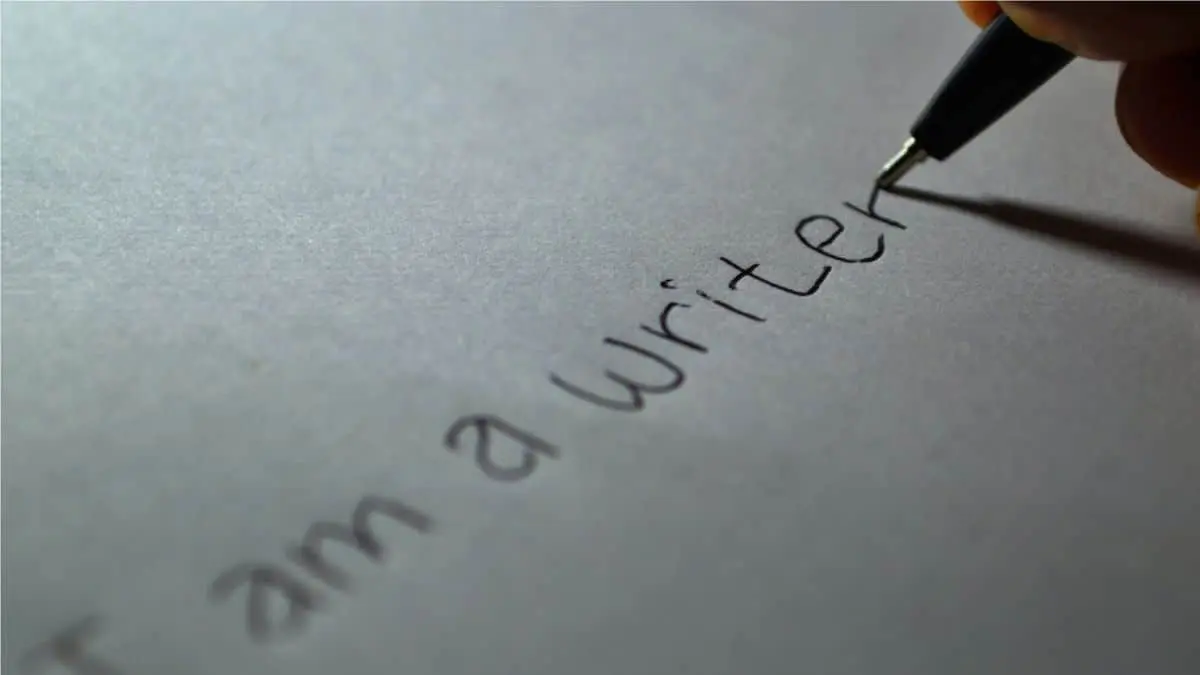The path of a writer is rarely smooth. Rejection and criticism often come with the territory, whether it’s a manuscript declined by publishers, a scathing review, or a discouraging comment. However, what sets successful writers apart is not their immunity to these challenges but their ability to rise above them. Resilience is the cornerstone of a writer’s journey, allowing them to transform setbacks into stepping stones toward growth.
The Essence of Writer’s Resilience
Resilience, at its core, is the ability to bounce back from adversity and maintain focus on long-term goals. For writers, it’s about continuing to create despite facing obstacles. But what fosters resilience in the writing world?
- Passion for Storytelling: Writers who are deeply passionate about their craft often find the strength to persevere. Their love for storytelling acts as a buffer against rejection.
- Growth Mindset: Resilient writers view criticism and rejection as opportunities to learn rather than definitive judgments of their worth. They ask, “What can I improve?” instead of “What’s wrong with me?”
- Support System: A network of peers, mentors, or supportive readers can make all the difference. Feedback from trusted individuals helps writers stay grounded and motivated.
- Persistence: Resilience isn’t about avoiding failure; it’s about persisting despite failure. From J.K. Rowling’s multiple rejections for Harry Potter to Stephen King’s initial struggles with Carrie, many renowned writers have turned early setbacks into eventual triumphs.

Learning Resilience from Writers
The resilience of celebrated writers offers valuable lessons for aspiring creatives. Here are a few notable examples:
- J.K. Rowling: Before becoming one of the world’s most successful authors, Rowling faced rejection from numerous publishers. Her unwavering belief in her story and willingness to improve led to the eventual success of Harry Potter. Her journey teaches us the importance of believing in our work, even when others don’t immediately see its value.
- Stephen King: King’s first novel, Carrie, was rejected 30 times before it found a publisher. At one point, he even threw the manuscript in the trash. His wife retrieved it, encouraging him to keep going. This story highlights the importance of persistence and having a support system.
- Chimamanda Ngozi Adichie: Despite facing criticism for addressing controversial topics, Adichie remained steadfast in her vision. Her resilience shows the value of staying true to one’s voice while being open to constructive feedback.
Constructive Criticism vs. Destructive Criticism
Not all feedback is created equal. Understanding the difference between constructive and destructive criticism is key to developing resilience and using criticism as a tool for growth.
Constructive Criticism
Constructive criticism is rooted in a desire to help the writer improve. It focuses on specific aspects of the work and provides actionable suggestions.
- Characteristics:
- Respectful and encouraging tone.
- Specific examples of what works and what doesn’t.
- Suggestions for improvement.
- Impact on Writers: Constructive criticism fosters growth, boosts confidence, and motivates writers to refine their craft.
Destructive Criticism
Destructive criticism, on the other hand, is often vague, overly harsh, or dismissive. It focuses more on tearing down than building up.
- Characteristics:
- Personal attacks or insults.
- Lack of specific examples or actionable advice.
- Discouraging and unhelpful tone.
- Impact on Writers: Destructive criticism can harm a writer’s confidence and stifle creativity. Recognizing it is the first step to minimizing its impact.
How Writers Can Build Resilience to Criticism
- Separate Yourself from Your Work: Remember, rejection or criticism is about the work, not you as a person.
- Look for Patterns: If multiple readers point out the same issues, it might be worth addressing. If not, it could just be personal preference.
- Focus on the Positive: Take note of what readers or critics appreciate in your work.
- Seek Constructive Feedback: Share your work with individuals who provide actionable and respectful feedback.
- Practice Self-Compassion: Treat yourself with kindness during challenging times. Writing is a journey, not a destination.
- Use Rejection as Motivation: Let rejection fuel your determination to improve and succeed. Every “no” brings you closer to a “yes.”

Conclusion
Resilience is the foundation of every writer’s success. Learning to navigate rejection and criticism, whether by embracing constructive feedback or dismissing destructive comments, is a crucial skill. By studying the journeys of accomplished authors and cultivating a growth-oriented mindset, writers can turn challenges into opportunities. Remember, resilience isn’t about avoiding difficulties—it’s about meeting them head-on and continuing to write, revise, and persevere. Your next masterpiece may be just one draft away.
Also Read: The Essential Traits That Define Successful Authors









